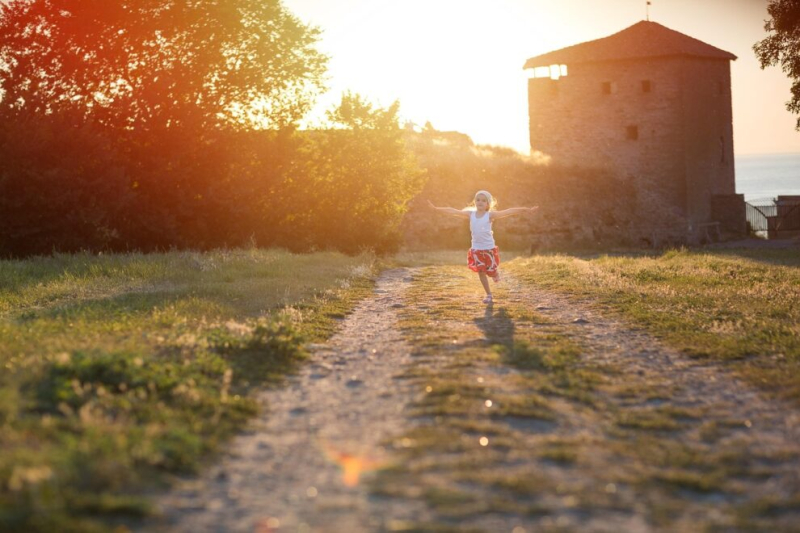Contents
Gone are the days when children would disappear for hours, returning home muddy and exhilarated from their neighbourhood adventures. Today’s youngsters are more likely to be found indoors, absorbed in screens and structured activities. Yet mounting scientific evidence reveals that regular outdoor adventures areabsolutely crucial for children’s physical, mental, and emotional wellbeing.
The Physical Benefits
When children venture outside, their bodies respond in remarkable ways that indoor environments simply cannot replicate. Research demonstrates that outdoor play significantly improves children’s cardiovascular fitness, bone density, and immune system function. The uneven terrain of natural environments challenges different muscle groups, developing better balance and coordination than flat indoor surfaces ever could.
Vitamin D synthesis is another critical factor. The NHS recommends that children spend time outdoors in the summer to maintain healthy vitamin D levels, which are essential for bone development and immune function. Even on cloudy British days, natural light exposure helps regulate circadian rhythms, leading to better sleep patterns and improved mood.
Mental Health
The psychological benefits of outdoor adventures are equally compelling, with research showing measurable improvements in children’s mental health and cognitive function.
Reducing Anxiety and Building Resilience
Studies reveal that just five minutes of outdoor activity can boost self-esteem and reduce symptoms of anxiety in children. For children you might be fostering with ISP Fostering, who may have experienced trauma or instability, these outdoor experiences can be particularly therapeutic, providing safe spaces to process emotions and build trust through shared adventures with their carers.
Enhancing Creativity and Problem-Solving Skills
Natural environments stimulate children’s imagination in ways that structured indoor activities cannot match. Research from the University of Utah found that people who spent extended time outdoors showed 50% improvement in creative problem-solving tasks. The unpredictable nature of outdoor environments encourages adaptive thinking and resourcefulness.
Social Development
Outdoor adventures provide unique opportunities for children to develop crucial social skills. Whether they’re building dens, exploring woodlands, or simply playing in the park, children learn to negotiate, cooperate, and communicate effectively with peers.
Risk assessment becomes a natural part of outdoor play. Children learn to evaluate situations, make decisions, and understand consequences in a controlled environment. This builds confidence and decision-making skills that transfer to other areas of life.
Practical Steps for Busy Families
You don’t need to climb mountains or camp in remote wilderness to reap these benefits. Regular outdoor adventures can include:
- Local park visits for playground fun and nature spotting
- Weekend woodland walks with simple games like stick collecting or leaf hunting
- Garden activities such as growing vegetables or creating wildlife habitats
- Beach trips for rock pooling and sandcastle building
- Urban exploration discovering local green spaces and historical sites
Even 30 minutes of daily outdoor time can make a significant difference. The key is consistency rather than intensity.
The science is clear: outdoor adventures aren’t luxury experiences but fundamental requirements for healthy child development. By prioritising time in nature, we’re investing in our children’s physical health, mental wellbeing, and future success. So, grab those wellies, embrace the British weather, and step outside, because your children’s developing minds and bodies will thank you for it.



